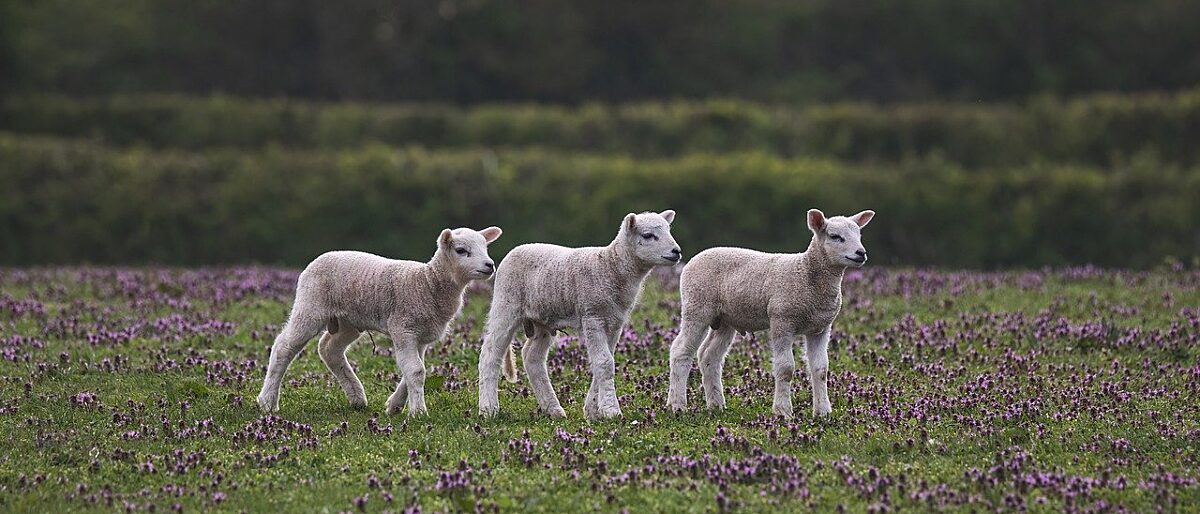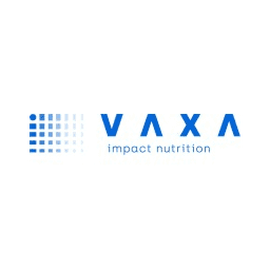
Iceland: {Ísland}
The Icelandic Food System
Not only is Iceland's capital, Reykjavik, beautiful and a thriving city, but it is also the place of the island's first farmstead.
Did you know that only one percent of Iceland is used for agriculture? The southern part of the island contains the largest number of farms whilst the north more so supports crop and livestock farming due to the number of green acres. Although 1% seems a small number, it is the third ranked sector after tourism and fishing making up the national income.
The majority of livestock is made up from raising sheep (traditional for Icelandic farmers) and cattle, though pigs and poultry are also raised. Dairy products and eggs are also produced, with there being over 700 dairy farms on the island.
As well as livestock, a variety of crops are grown, including carrots, kale, potatoes, tomatoes, turnips, cabbage, cauliflower, cucumbers and green peppers. Due to Iceland having soils of both mineral and organic composition, they are great for agriculture, although due to the northern climate having a slow rate of biological activity, heavy fertilization is required.
Regarding Iceland's aquaculture sector, there has been improvement in their fishing technology which has increased catch. The catch of Icelandic vessels in July 2023 was about 102 thousand tonnes, 16% more than in July 2022. Demersal catch was about 21,700 tonnes and pelagic catch was over 77 thousand tonnes.
One of EIT Food's main tasks is to bring innovation, especially around food production and agriculture, to the market more quickly with the help of start-ups and thus to make the food system healthier and more sustainable together with SMEs.

Iceland's national dish is Hákarl, a fermented shark dish. The sharks are usually Greenland sharks, and their meat is poisonous unless it's been fermented.
Latest EIT Food Iceland news
On the blog
More blog articles

Reformulating with the community in mind
Discover the EIT Food partners in this region


Innovation projects
View all projects
Resilient Agriculture Think & Do Tank









